Unlock the secrets to luscious locks! Discover 7 Essential Tips for Healthy Hair. Read on for expert advice!
Namaste, readers! Everyone dreams of having long, strong, and shiny hair. In India, hair is often
seen as a symbol of beauty and good health. But with our busy lives and the changing environment, keeping our hair healthy can be a challenge. Don't worry, we've got you covered!
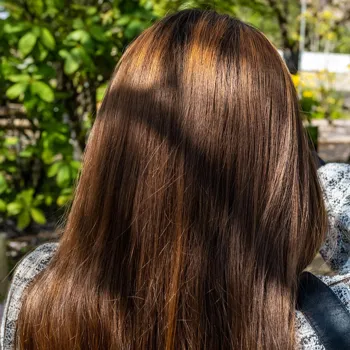
Here are seven simple yet effective tips to help you achieve the hair of your dreams, all while using readily available ingredients and following traditions.
Oil is Gold: The Power of Regular Oiling
Our grandmothers knew best! Oiling your hair regularly is the cornerstone of good hair care. It's not just an old wives' tale; it’s a practice backed by science. Oiling nourishes the hair follicles from root to tip, strengthening them and preventing breakage.
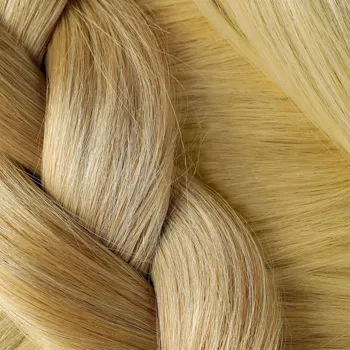
Think of it as giving your hair a much-needed dose of vitamins and minerals directly where it needs them most.
Which oil is best? Well, that depends on your hair type. Coconut oil is a classic choice, especially for dry and damaged hair.
It penetrates the hair shaft easily, moisturizing it from the inside. Almond oil is another great option, rich in Vitamin E, which promotes hair growth and adds shine. For those with oily scalps, try lighter oils like jojoba or grapeseed oil. These won't weigh your hair down or clog your pores.
How often should you oil? Aim for at least twice a week. Warm the oil slightly before applying it to your scalp and hair. Gently massage your scalp for 5-10 minutes to stimulate blood circulation. Leave the oil on for at least an hour, or even overnight for deeper conditioning.
Remember to shampoo your hair thoroughly afterward to remove the oil. Regular oiling will make your hair noticeably softer, stronger, and more manageable. It can also help reduce dandruff and scalp irritation. Choose an oil that suits your hair type, be consistent with your oiling routine.
Massaging the scalp while applying oil helps improve blood flow.
Gentle Shampooing: Choosing the Right Cleanser
Shampooing is essential for removing dirt, oil, and product buildup from your hair and scalp. But over-shampooing or using harsh shampoos can strip your hair of its natural oils, leaving it dry, brittle, and prone to breakage. Finding the right balance is key. Read the ingredient labels carefully.
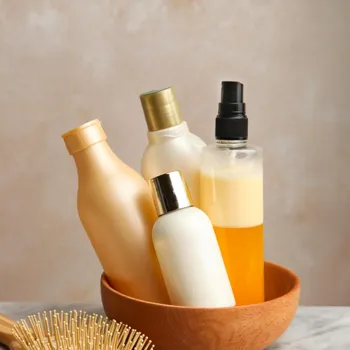
Avoid shampoos that contain sulfates, parabens, and silicones. These chemicals can be harsh on your hair and scalp, causing irritation and dryness. Look for shampoos that are sulfate-free, paraben-free, and silicone-free. These are gentler and less likely to strip your hair of its natural oils.
Herbal and Ayurvedic shampoos are also excellent choices, as they often contain natural ingredients that are beneficial for hair health.
How often should you shampoo? That depends on your hair type and lifestyle. If you have oily hair, you may need to shampoo every other day.
If you have dry hair, you can shampoo less frequently, perhaps two or three times a week. When shampooing, focus on cleansing your scalp. Gently massage the shampoo into your scalp for a few minutes to remove dirt and oil. Rinse thoroughly with lukewarm water.
Avoid using hot water, as it can dry out your hair. After shampooing, always use a conditioner to replenish moisture and detangle your hair. Choose a conditioner that is appropriate for your hair type.
Conditioning is Key: Hydration and Nourishment
Conditioner is the unsung hero of hair care. It helps to replenish moisture, detangle hair, and protect it from damage. After shampooing, your hair cuticles are open and vulnerable. Conditioner helps to seal the cuticles, locking in moisture and making your hair smoother and more manageable.
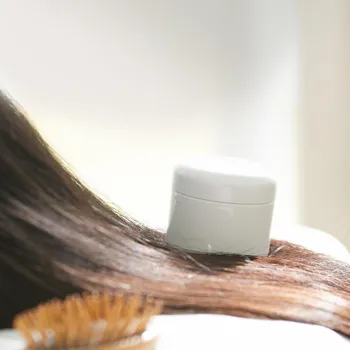
When choosing a conditioner, consider your hair type. If you have dry or damaged hair, look for a moisturizing conditioner that contains ingredients like shea butter, coconut oil, or argan oil. If you have oily hair, opt for a lighter conditioner that won't weigh your hair down.
Apply conditioner to the lengths and ends of your hair, avoiding the scalp. Leave it on for a few minutes, as directed on the product label. Rinse thoroughly with lukewarm water.
For an extra boost of hydration, consider using a deep conditioner once or twice a week.
Deep conditioners are more concentrated than regular conditioners and provide intense moisture and nourishment. You can also make your own DIY deep conditioner using natural ingredients like avocado, honey, or yogurt.
These ingredients are rich in vitamins and minerals that can help to strengthen and hydrate your hair. conditioning is a crucial step in maintaining healthy hair. It helps to replenish moisture, detangle hair, and protect it from damage.
Choose a conditioner that is appropriate for your hair type and use it regularly to keep your hair soft.
Diet Matters: Nourishing Your Hair From Within
What you eat has a direct impact on the health of your hair. Just like the rest of your body, your hair needs vitamins and minerals to grow strong and healthy. A balanced diet that is rich in nutrients is essential for maintaining healthy hair from within.
Focus on incorporating foods that are rich in protein, iron, and omega-3 fatty acids into your diet. Protein is the building block of hair, so make sure you're getting enough of it. Good sources of protein include lentils, chickpeas, and spinach.
Iron is essential for carrying oxygen to the hair follicles, which promotes hair growth. Leafy green vegetables like spinach, fenugreek leaves, and drumstick leaves are excellent sources of iron. Omega-3 fatty acids help to nourish the scalp and keep your hair shiny.
You can get omega-3 fatty acids from flaxseeds, chia seeds, and walnuts.
In addition to these nutrients, make sure you're getting enough vitamins and minerals. Vitamin A, Vitamin C, and Vitamin E are all important for hair health.
You can get these vitamins from fruits and vegetables like carrots, mangoes, lemons, and almonds. Also, drink plenty of water to keep your hair hydrated from the inside out. Dehydration can lead to dry, brittle hair that is prone to breakage. A healthy diet is a great step towards hair health.
Handle With Care: Gentle Styling Practices
How you style your hair can also impact its health. Excessive heat styling, tight hairstyles, and harsh chemicals can damage your hair over time. Minimize the use of heat styling tools like hair dryers, curling irons, and straighteners.
If you must use heat, always use a heat protectant spray to shield your hair from damage. Heat protectant sprays create a barrier between the hair and the heat, preventing it from becoming dry and brittle.
Avoid tight hairstyles like braids and ponytails that can pull on your hair and cause breakage. If you wear these styles regularly, loosen them up a bit to reduce tension on your hair. Also, be careful when brushing or combing your hair.
Use a wide-toothed comb or a brush with soft bristles to detangle your hair gently. Start from the ends and work your way up to the roots to avoid pulling and breakage. Be gentle with your hair and avoid harsh chemicals to prevent damage.
The Magic of Homemade Hair Masks: Nature's Goodness
Skip the expensive salon treatments and whip up your own hair masks at home using natural ingredients. They're cost-effective, easy to make, and packed with nutrients that can nourish and revitalize your hair.
A popular choice is the yogurt and honey mask.
Yogurt is rich in probiotics, which can help to balance the scalp's pH level and reduce dandruff. Honey is a natural humectant, which means it draws moisture into the hair. Mix equal parts yogurt and honey and apply to your hair from root to tip.
Leave it on for 30 minutes and then rinse thoroughly with lukewarm water. Another effective mask is the egg and olive oil mask. Eggs are rich in protein, which can help to strengthen and repair damaged hair. Olive oil is a natural moisturizer that can add shine and softness to your hair.
Mix one egg with two tablespoons of olive oil and apply to your hair. Leave it on for 30 minutes and then rinse thoroughly with lukewarm water. These masks provide nourishment and make your hair look healthy and shiny.
Trim Regularly: Snip Away The Damage
Regular trims are essential for maintaining healthy hair. Even if you're trying to grow your hair long, trimming off split ends and damaged hair can actually help it grow faster and stronger. Split ends can travel up the hair shaft, causing further damage and breakage.
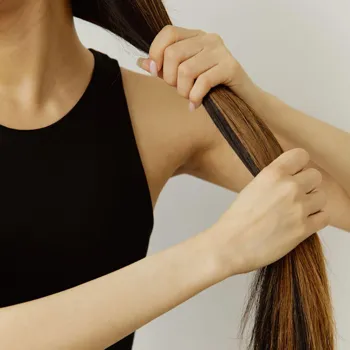
By trimming them off, you can prevent this from happening and keep your hair healthy and manageable.
How often should you trim your hair? That depends on your hair type and how quickly it grows. As a general rule, aim to trim your hair every 6-8 weeks.
If you notice split ends frequently, you may need to trim it more often. You don't need to chop off a lot of hair – just a small trim to remove the damaged ends is enough. You can trim your hair yourself at home, or you can visit a professional stylist.
Regular trimming is essential for maintaining healthy hair and preventing further damage.
So, there you have it – seven essential tips for maintaining healthy hair! Remember to be patient and consistent with your hair care routine.
It takes time to see results, but with dedication and the right practices, you can achieve the hair of your dreams. Happy hair days!
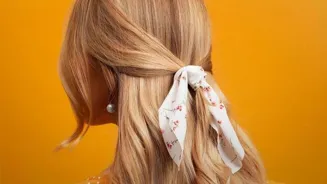
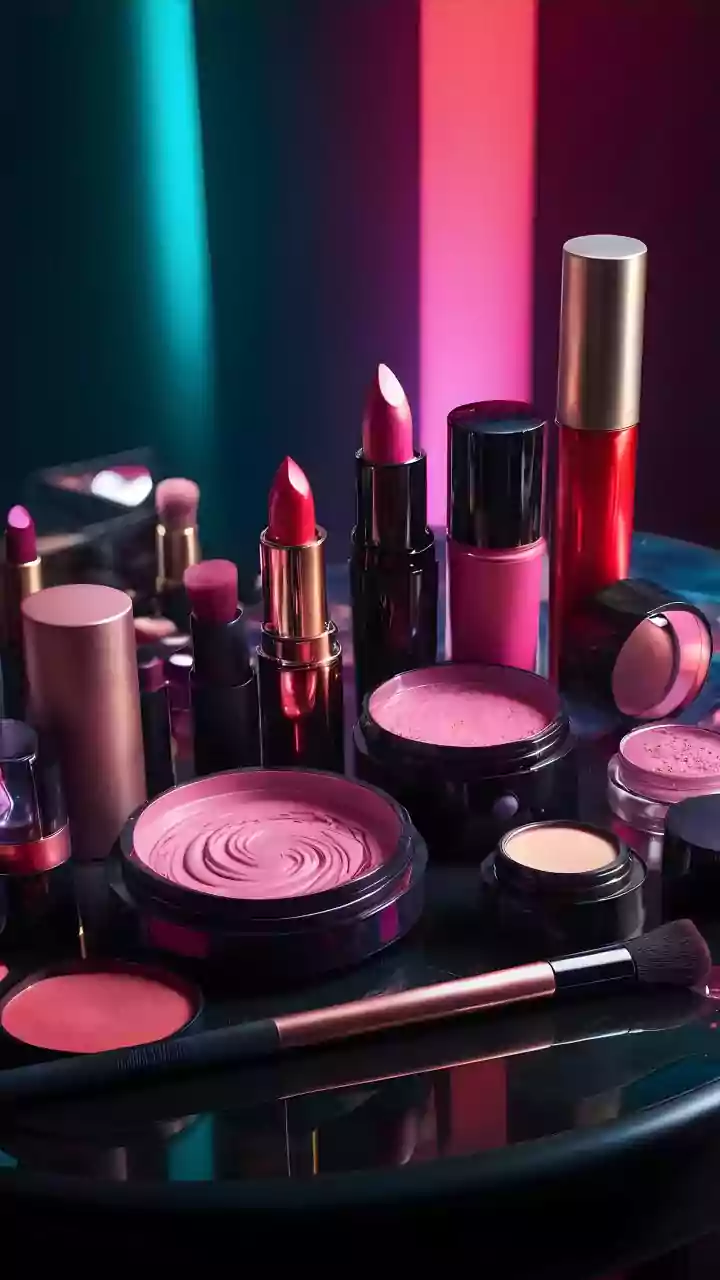

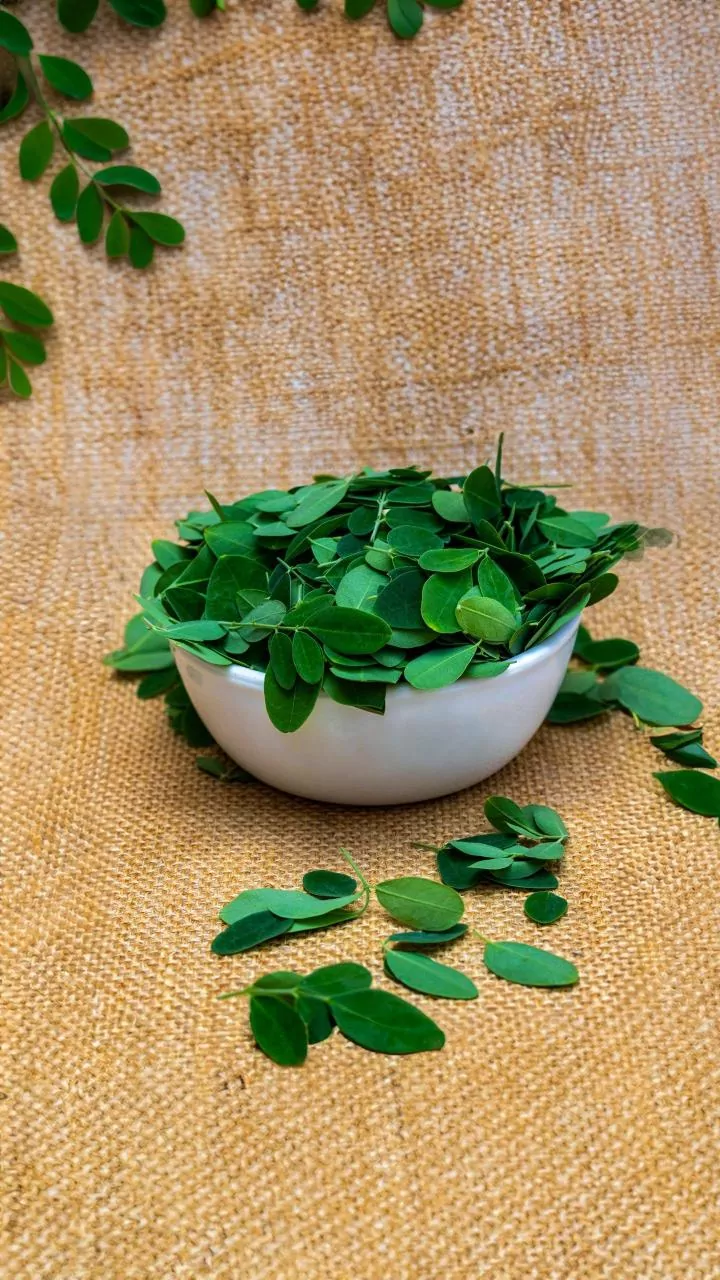














![[WATCH] T20 World Cup 2026: Gautam Gambhir hosts dinner for Team India players ahead of Namibia clash](https://g-mob.glance-cdn.com/public/fc/image/7gXS1xdhs5Q0.webp)



